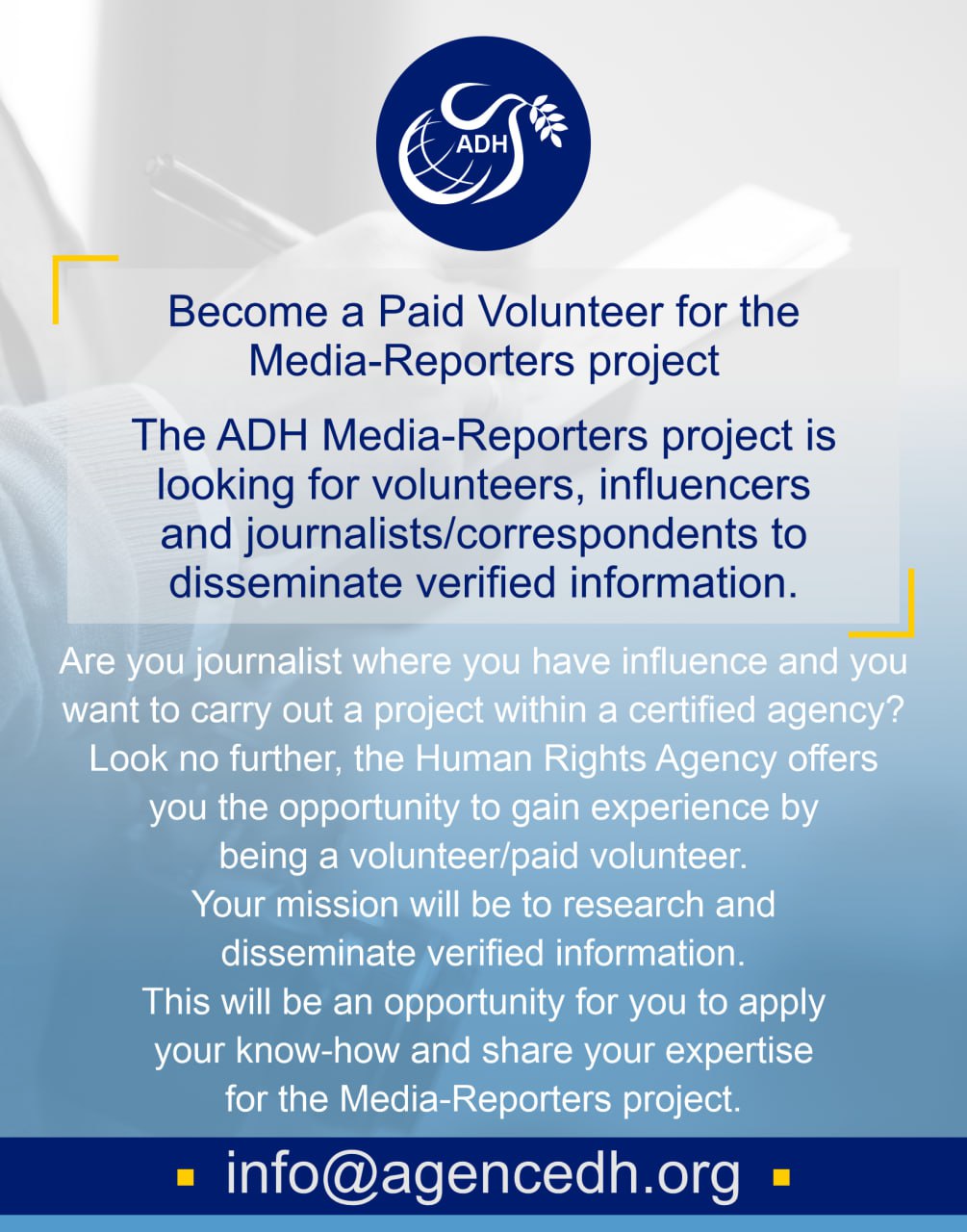Political-Human Rights Issues in Mali

Mali is a vast land-locked country with an area of over 1.2 million square kilometers and a population of 20.3 million. Mali’s population continues to live under a challenging mix of recurrent droughts that continuously threaten livelihoods and diminish natural resources.
In the past decade, security problems and political instability have taken a grip on the country. Connected to the unmitigated security challenges, increasing displacement and loss of livelihoods, a level 3 (L3) emergency was declared in 2019. Humanitarian needs have increased dramatically since the design of this country strategic plan and have led to five budget revisions to allow WFP (World Food Program) to mobilize additional resources to respond to rising food insecurity. However, despite the efforts made by different stakeholders, the human rights conditions are still worrying in Mali.
During the first two decades of Malian democracy, the country enjoyed a reputation as a reform-oriented country and attracted high levels of international support. However, administrative performance is very uneven across the country. While the central administration is relatively powerful, local administrations remain weak due to the insufficient implementation of decentralization plans, the lack of effective skills transfer, and a lack of human and financial resources, making it difficult for local administrations to guarantee basic social services to the populations, especially in the northern regions of Mali. During the COVID-19 outbreak, grassroots administrations lacked sufficient public health supplies and materials. As part of the measures to counter the COVID-19 pandemic, the government declared a state of health emergency, which is an exceptional measure restricting individual freedoms.
The public health measures enacted during the COVID-19 pandemic were controversial because they restricted citizens’ freedom of movement and disrupt the normal functioning of income-generating activities in a system where the majority of the population lives on the informal economy (BTI, 2022). It is striking to see that almost 97% of employed individuals in Mali are in the informal sector. Hence, despite Mali’s image as a country with low levels of inequality, inequality has recently increased and measures are needed to reduce it, especially in light of the Covid-19 pandemic and its economic consequences.
This inequality is also represented in social protection policies. As reports indicate, social transfers are yet too limited to have a positive impact on income distribution. Currently, the social protection system in Mali is largely based on a contributory scheme, which covers only a minority of the population given the size of the informal sector (LIS, 2022). Respect for human rights is weak, especially for women and young people, subject to structural inequalities and sociocultural customs that affect their health and severely limit their education, participation in governance, and social and economic independence.
It seems that the human rights situation in Mali is still worrying and needs special attention. In an instance, although the UN independent expert on the human rights situation in Mali welcomed steps to restore constitutional order and return to civilian rule in the country, he pointed to a rapidly deteriorating human rights situation in the country, which has raised grave concerns over the resurgence of extremist. As stated by the UN expert, the deterioration of the security situation in Mali has a considerable impact on the protection of human rights and the humanitarian situation. The Government has stepped up efforts to recruit, train, equip and bolster the national security forces. The global integrated strategy adopted by the government includes provision of social services, while another stabilization strategy for the volatile central region was also approved to deal with security issues.
Mali’s political transition to restore constitutional order is an ongoing key issue. The new timetable for completing the transition is set for 26 March 2024 (BTI, 2022). Authorities in Mali are moving along the path to political transition and institutional reform while combating terrorism and other insecurity, Acting Prime Minister Abdoulaye Maïga said in his speech to the UN General Assembly on September, 2022. It was stated that some significant progress had already made, including the passing of the electoral law, the establishment of an election management authority and the creation of commission to draw up a new Constitution (UN News, 2022). Hence, it was decided to lift the economic and financial sanctions imposed on 9 January 2022 while maintaining certain institutional sanctions and sanctions against individuals and groups.
Mali is the only country in the world that is simultaneously confronting terrorism, inter-communal conflicts, cross-border organized crime, and violent acts by isolated individuals. Mali is continuing to fight tirelessly against this insecurity and particularly against extremist groups who are responsible for all kinds of abuse against this peaceful people. The 2030 Agenda conveys the global commitment to end poverty, hunger, and inequality, emphasizing the interconnected economic, social, and environmental dimensions of sustainable development. Strengthening the humanitarian development nexus can ensure the achievement of this goal in countries such as Mali that face a lot of challenges in the path.
References
BTI (2022). Mali Country Report 2022. https://bti-project.org/en/reports/country-report/MLI
LIS Data Center (2022). The Evolution and the Shape of Inequality in Mali: an Income-based Approach. https://www.lisdatacenter.org/newsletter/nl-2022-21-im-2/
Reliefweb (2022). Situation in Mali – Report of the Secretary-General (S/2022/731). UN Document. https://reliefweb.int/report/mali/situation-mali-report-secretary-general-s2022731
UN News (2022). Mali: Security situation deteriorates, human rights concerns rise. https://news.un.org/en/story/2022/08/1124692
UN Women (2022). Women in Mali. https://africa.unwomen.org/en/where-we-are/west-and-central-africa/mali
WFP (2022). Evaluation of Mali Country Strategic Plan 2020-2024. https://www.wfp.org/publications/evaluation-mali-country-strategic-plan-2020-2024







